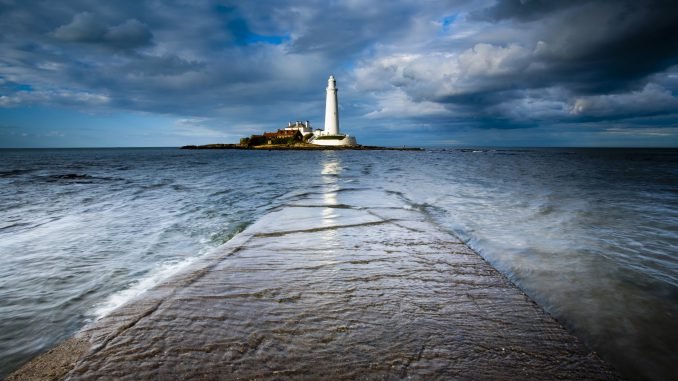
“You can’t simply accuse the Russians of militarising Gotland island, because no such actions have yet been taken, but the opportunity is presenting itself. This is a matter of risk evaluation, and I hope that the NATO state institutions working with military risk have this in mind,” Šešelgytė, who is a political scientist at Vilnius University’s International Relations and Political Science Institute, told BNS.
In April, the Swedish-Estonian community published a resolution in protest of Nord Stream 2 in which they expressed concern about Russia’s actions in Gotland and the possibility that Russia could use Gotland to expand its influence in the Baltic Sea.
“It’s a question of how much they want it and what the situation will be. Keeping Russia’s behaviour in mind, […] I believe that such a scenario could happen. Everything depends on their intentions – whether they’ll want to do something or not. In 2015, Russia held exercises with more than 30,000 troops, and the scenario involved seizing islands in the Baltic Sea: Gotland, the Aland islands and Denmark’s Bornholm. If those islands came under Russian control, it would no longer be possible to access the Baltic Sea. So why would they do those exercises if they wouldn’t have any intentions, goals or slightest ideas about such a thing?” said Šešelgytė.
“If the were to intensify their work in Gotland’s port, that would be the perfect reconnaissance platform. You send workers, some of which might be soldiers, and they collect information. The island of Gotland is over 100km away from Sweden, over 100km away from Latvia, and over 100km from Estonia. You sit there, observe the situation, and if you want, receive incoming forces. You quickly take care of business and the Baltic Sea is blocked,” said Šešelgytė.
Šešelgytė said that President Dalia Grybauskaitė should raise the question at the NATO summit in Warsaw. “That project is evaluated as a commercial one, so all discussions and all of the arguments used in discussions have been commercial: economic, ecological. There have been almost no security discussions, so perhaps that would be worth raising in a format where security questions are discussed,” said Šešelgytė.

Be the first to comment